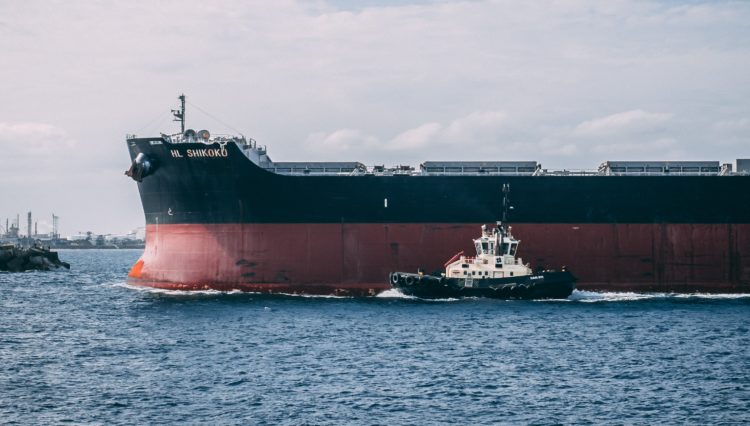The long-awaited sanctions against Iranian oil exports took effect earlier this week on Tuesday, a month after US President Donald Trump announced that he would be withdrawing from the 2015 nuclear deal. The new sanctions have loomed over the oil industry since their announcement, as many experts disagreed on the market ramifications.
Although the White House had initially claimed that no states would be permitted to purchase Iranian crude, according to a report from Reuters, both India and China have received reprieves from the Trump administration and will continue to import the Gulf state’s oil. Six other countries — “South Korea, Japan, Italy, Greece, Taiwan, and Turkey” — are also being permitted to continue to buy Iran’s oil. Still, the US is optimistic that the sanctions are putting the pressure on Tehran that Washington is hoping for. However, the White House also claims that talks with the remaining eight governments are still in progress, according to Market Watch.
“More than 20 importing nations have zeroed out their imports of crude oil already, taking more than 1 million barrels of crude per day off the market,” said US Secretary of State Mike Pompeo while speaking to reporters, according to Reuters. “The regime to date since May has lost over $2.5 billion in oil revenue.”
As the sanctions began, the price of crude oil fell slightly. According to a report from CNBC, the penalties had a relatively small effect on prices, which have been declining as supply worries subside. At the time of this writing, Brent crude, considered to be a “benchmark fuel” is trading at close to $73 per barrel.
“We’re not getting the price rally that many participants thought they were going to get out of the Iran sanctions situation,” said Mizuho’s director of futures Bob Yawger during an interview.
Although Iran is not completely shutout of the energy exporting business, the country’s leadership is still upset at the “economic war” they claim the US is waging. According to a report from the Washington Post, Iran’s President Hassan Rouhani announced via a press conference that his country has no plans to cease oil production.
“We will proudly break the sanctions,” said Rouhani, while meeting with Iranian officials.
Despite Rouhani’s rhetoric, Mike Pompeo has remained steadfast on the Iranian issue.
“The Iranian regime has a choice. It can either do a 180-degree turn from its outlaw course of action and act like a normal country, or it can see its economy crumble,” he said, according to the Washington Post.
Already have an account? Sign In
Two ways to continue to read this article.
Subscribe
$1.99
every 4 weeks
- Unlimited access to all articles
- Support independent journalism
- Ad-free reading experience
Subscribe Now
Recurring Monthly. Cancel Anytime.











COMMENTS